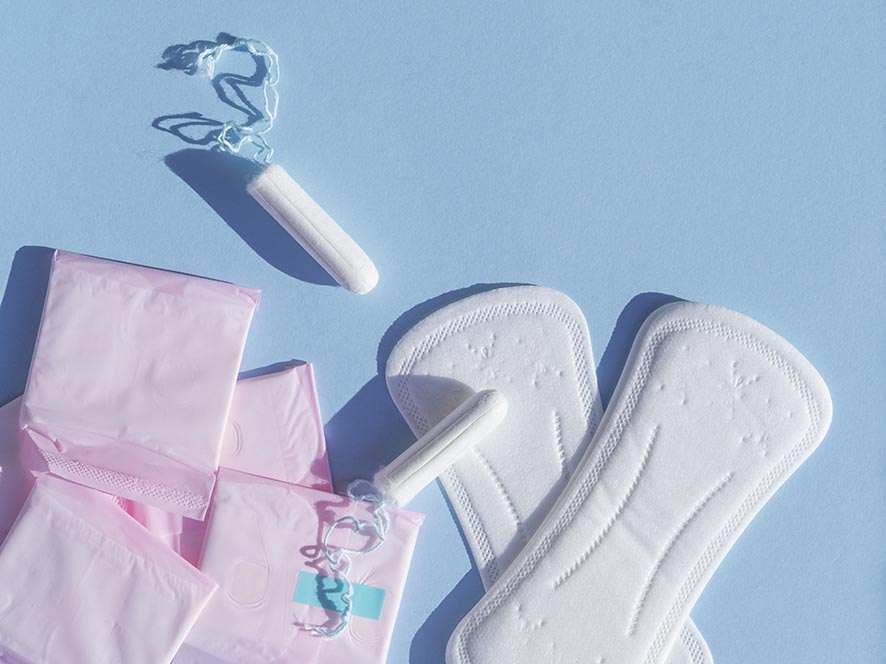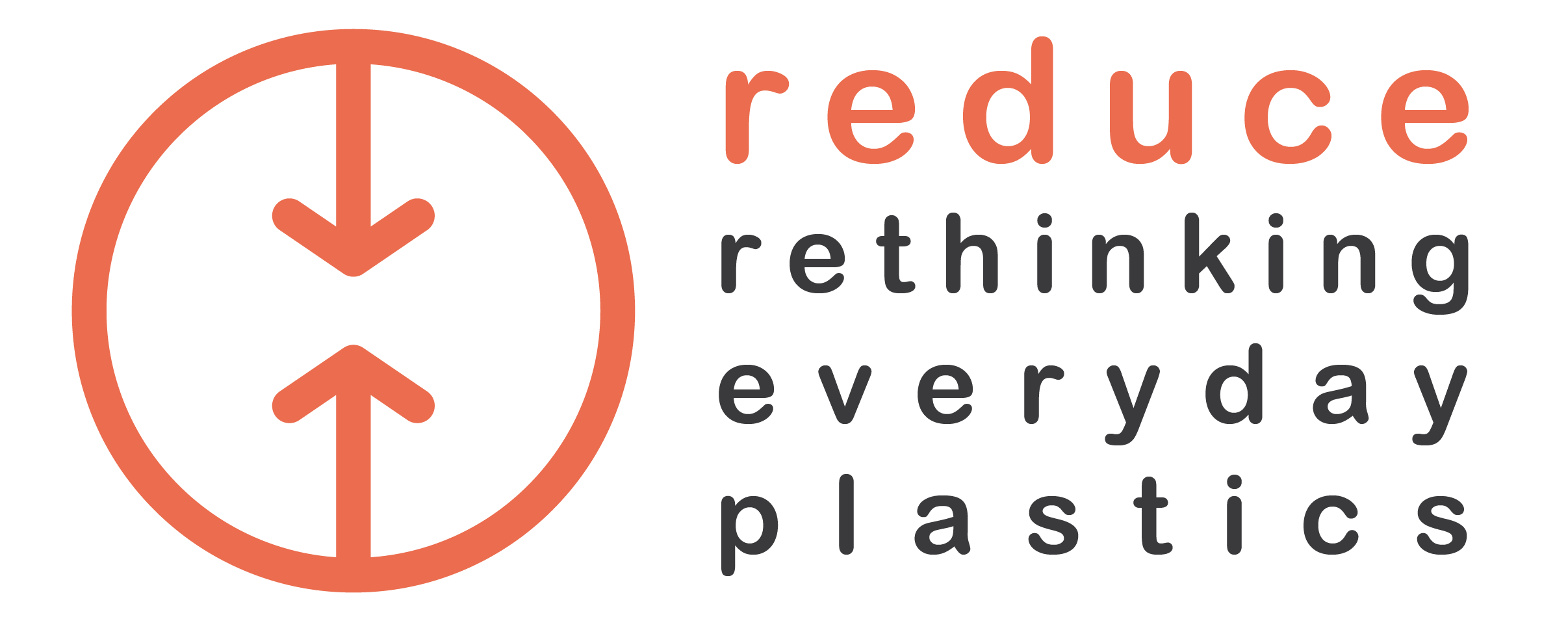Ongoing PhD project takes a systemic approach to the role of plastics in menstruation practices

PhD candidate Ayse Kaplan Sarisaltik has taken a particular interest in plastic consumption related to menstruation practices. Her study on menstruation practices explores various elements and their interrelations, while also providing suggested interventions and theoretical insights. It delves into the meanings, materials, and competences that make up menstruation practices, showing how these elements are interconnected. Cultural and personal significances influence the choice of menstrual products, and the skills required to use them are shaped by education and resource availability. Menstruation management is viewed as part of a broader web of daily practices and social norms.
The research suggests several interventions for sustainable menstruation practices, based on participant perspectives. Key areas for intervention include improving education and awareness about sustainable options, making sustainable menstrual products more accessible and affordable, and addressing cultural stigmas. Participants emphasized the importance of promoting reusable products, enhancing hygiene infrastructure, and advocating for supportive policies.
The study also provides insights into the holistic nature of menstruation practices, stressing the importance of considering meanings, materials, and competences together. It suggests frameworks for further research on the sustainability and cultural dimensions of menstruation. Overall, the study highlights the complexity of menstruation practices and offers recommendations for sustainable, culturally sensitive approaches.
